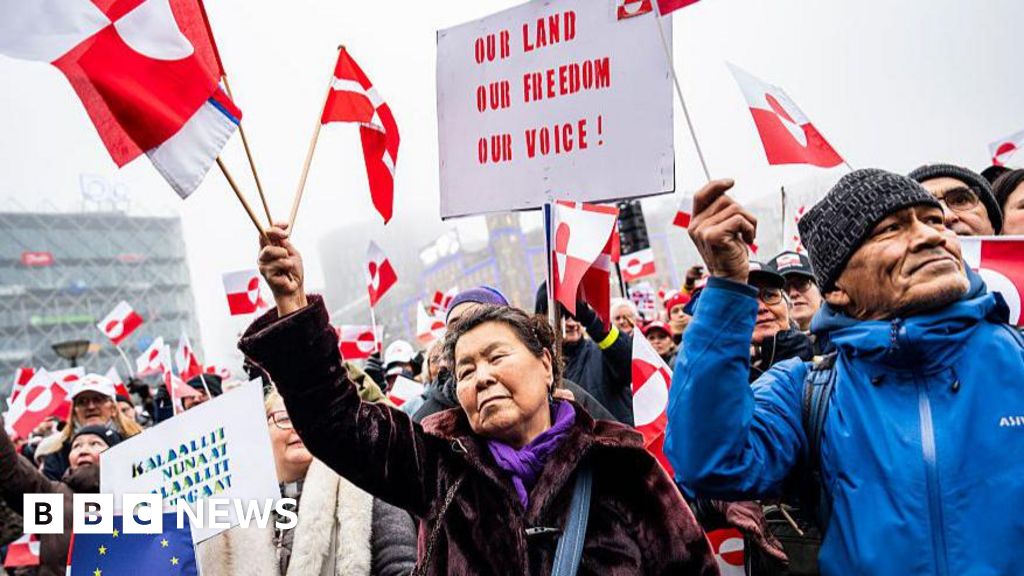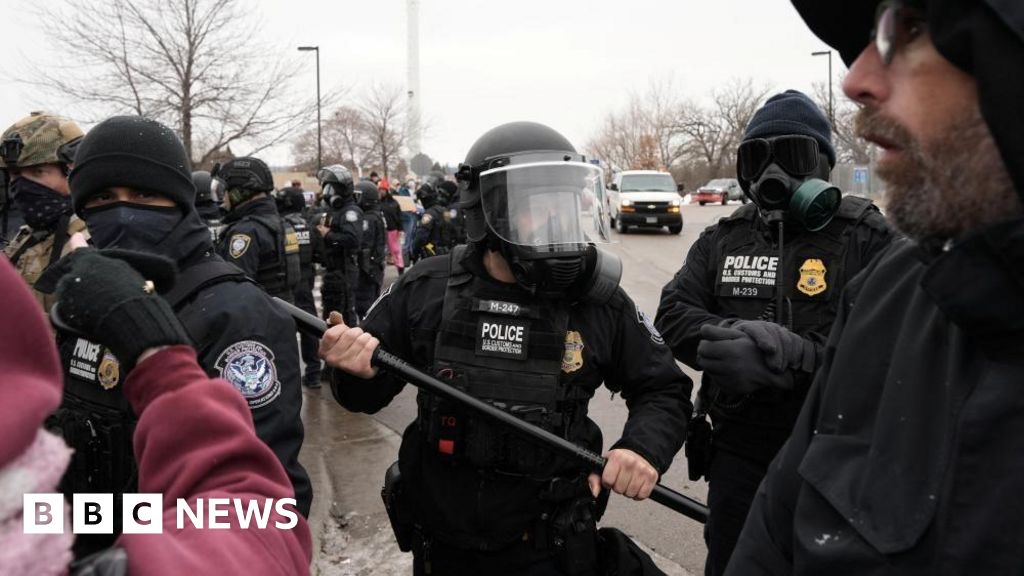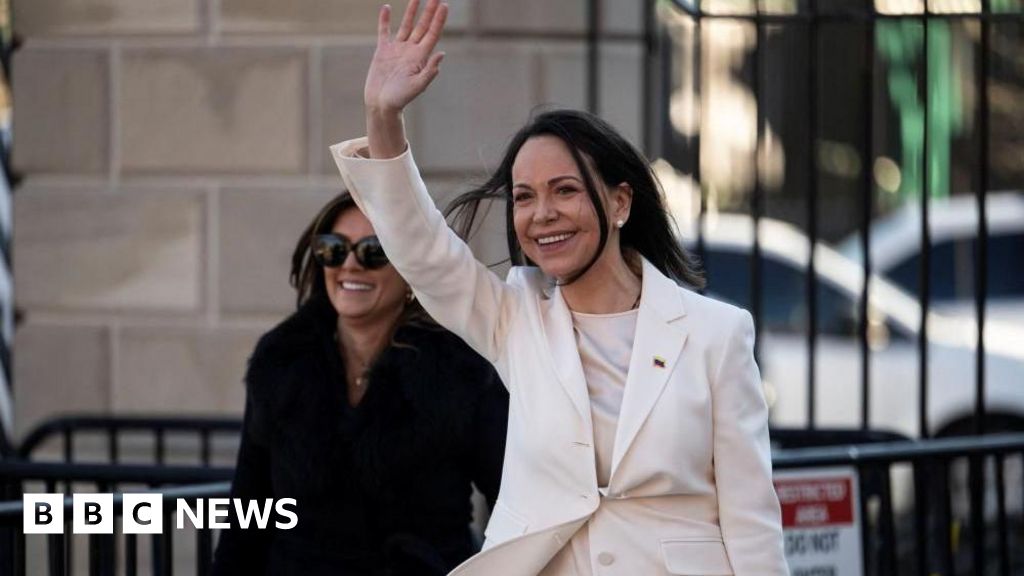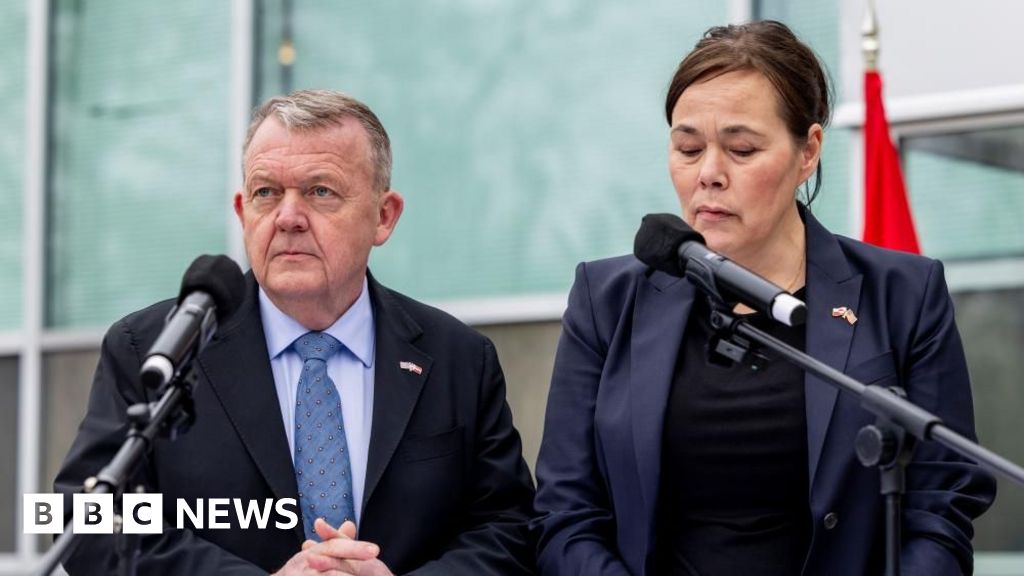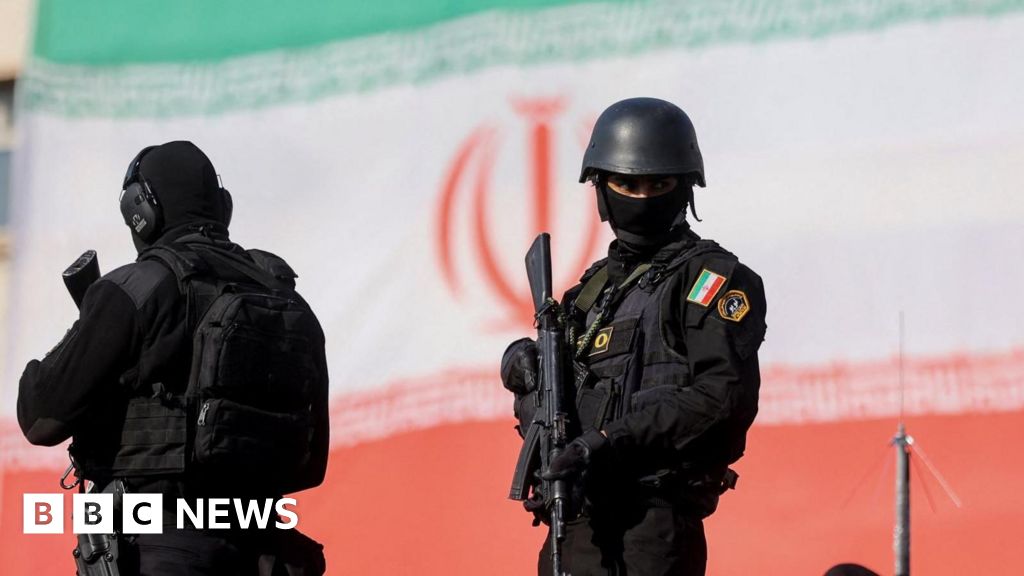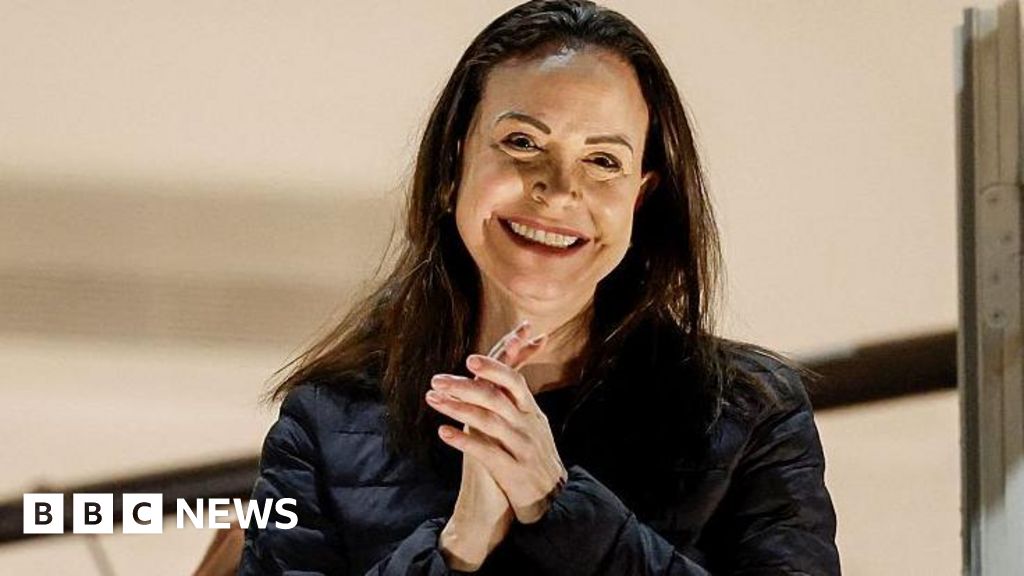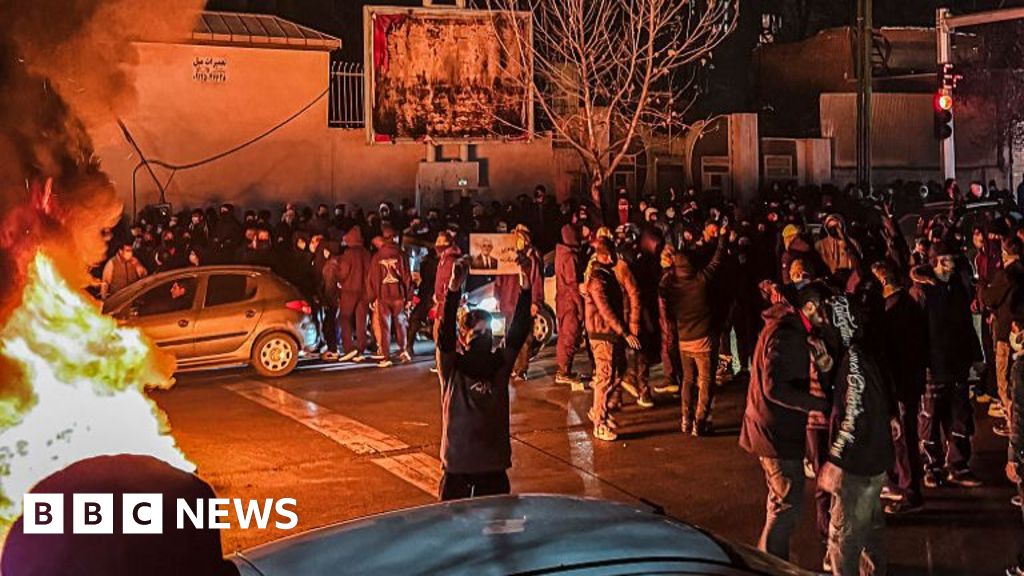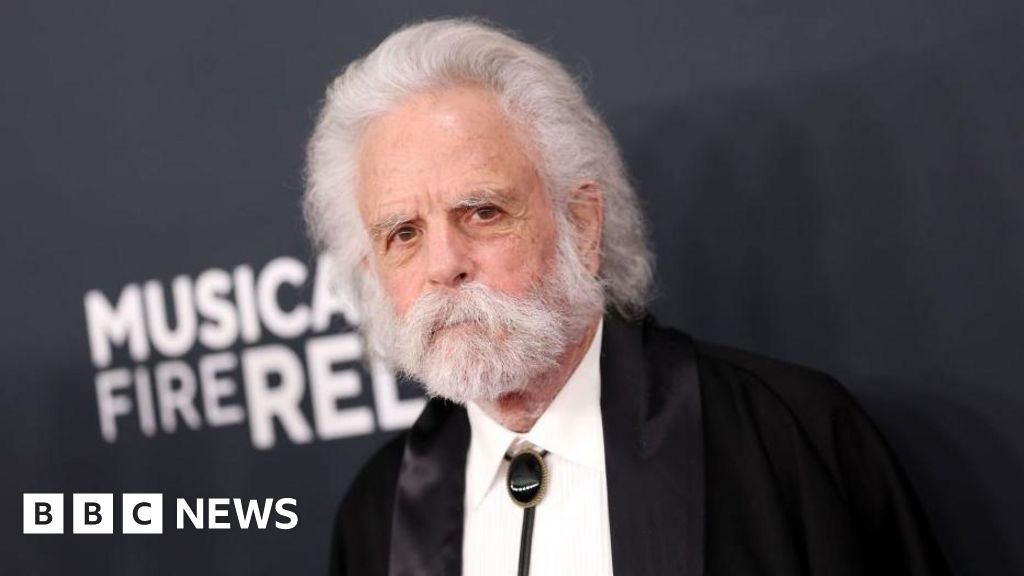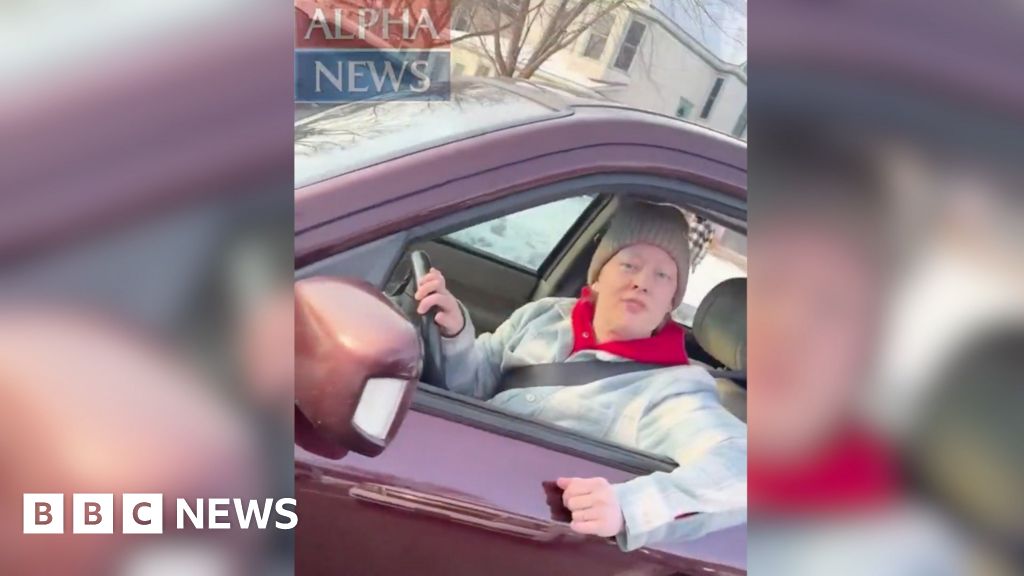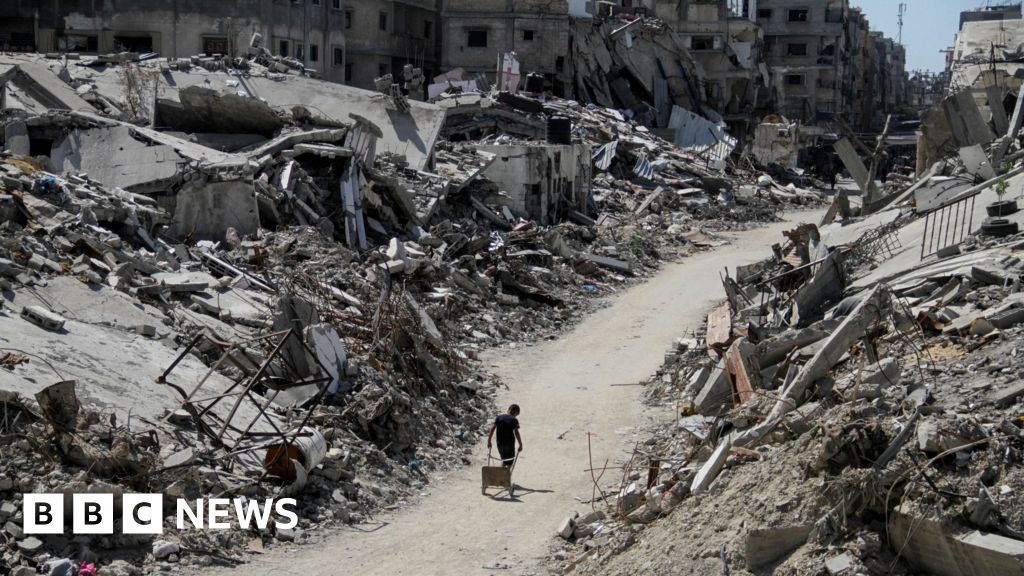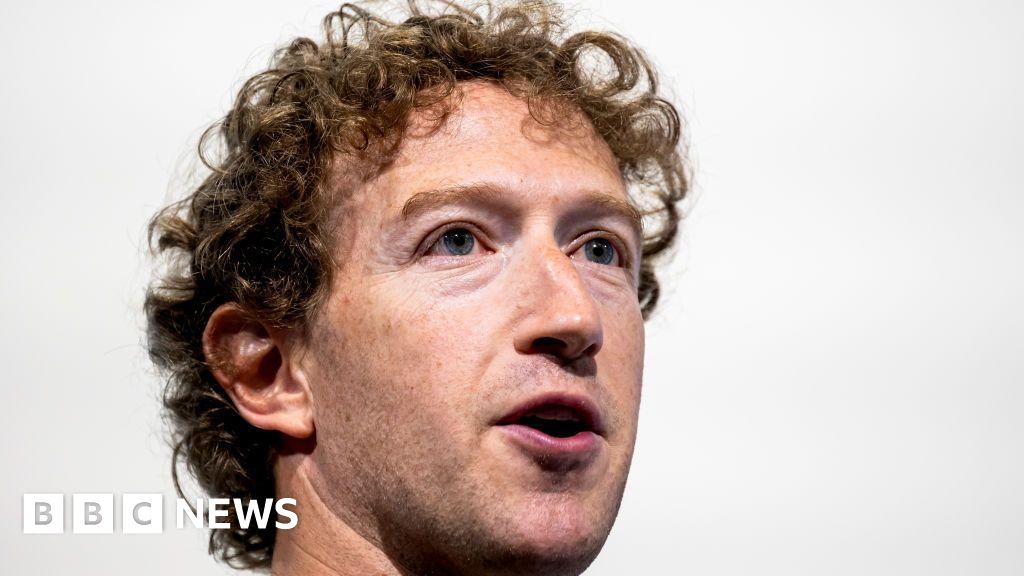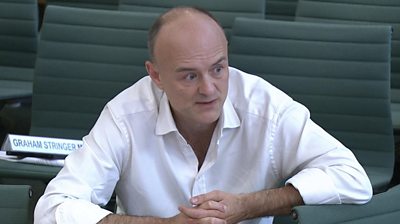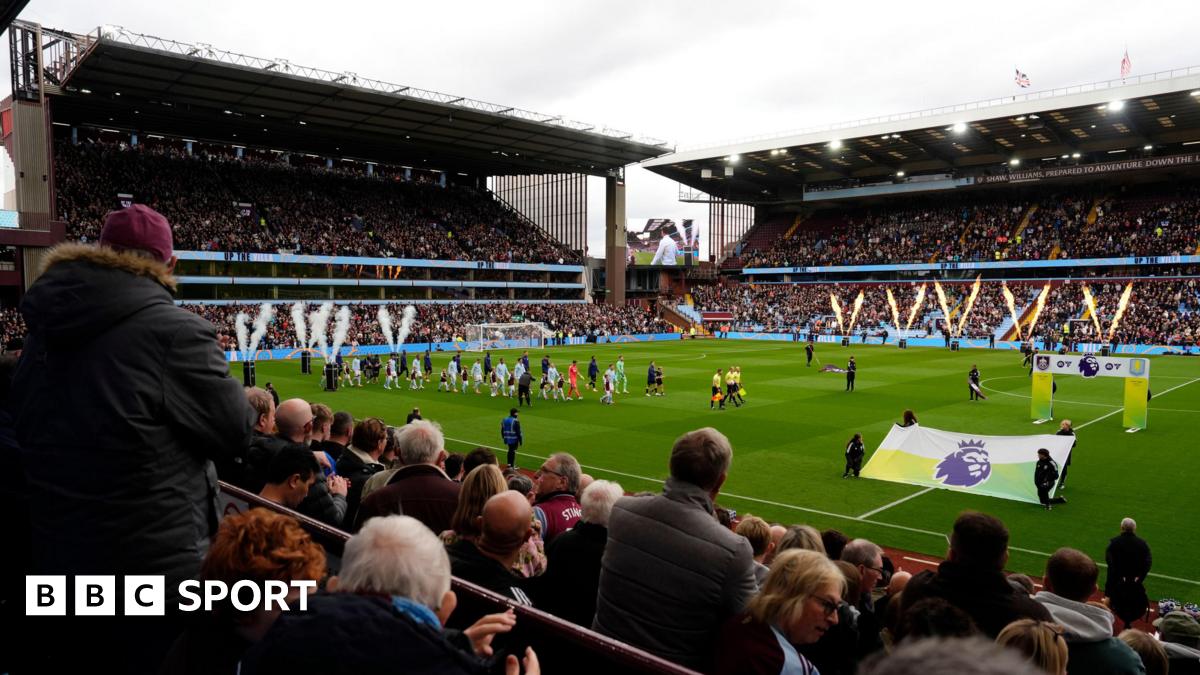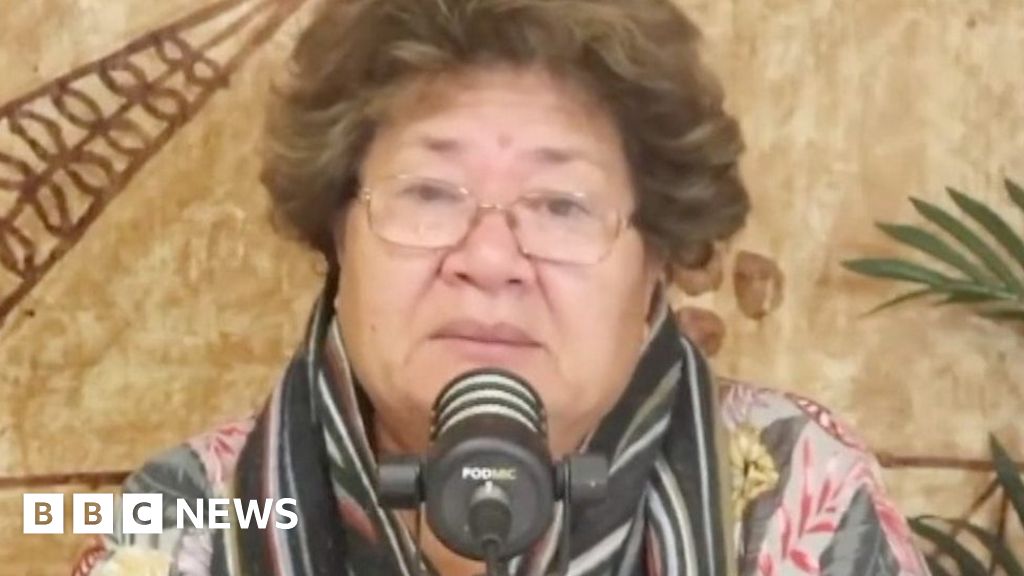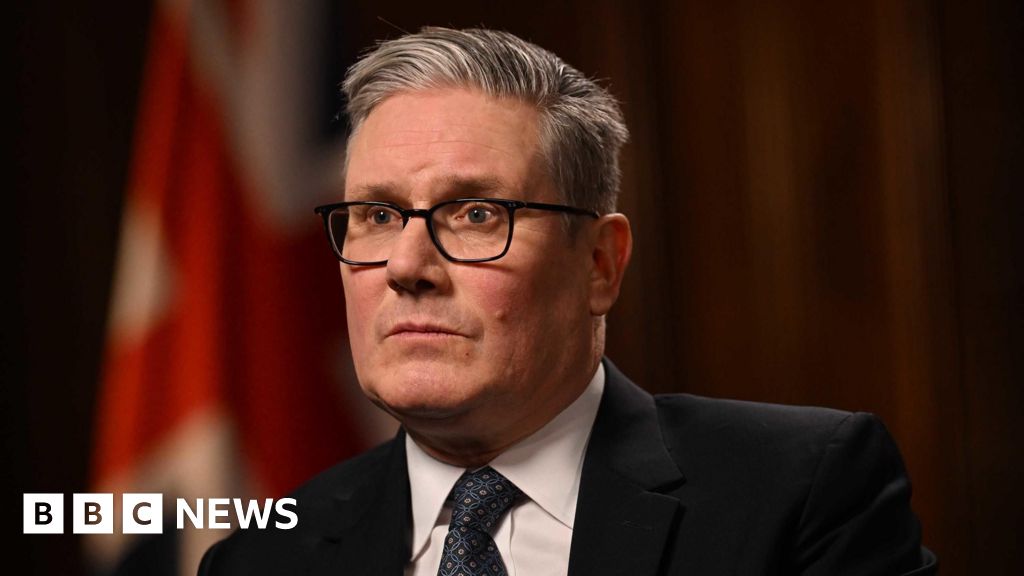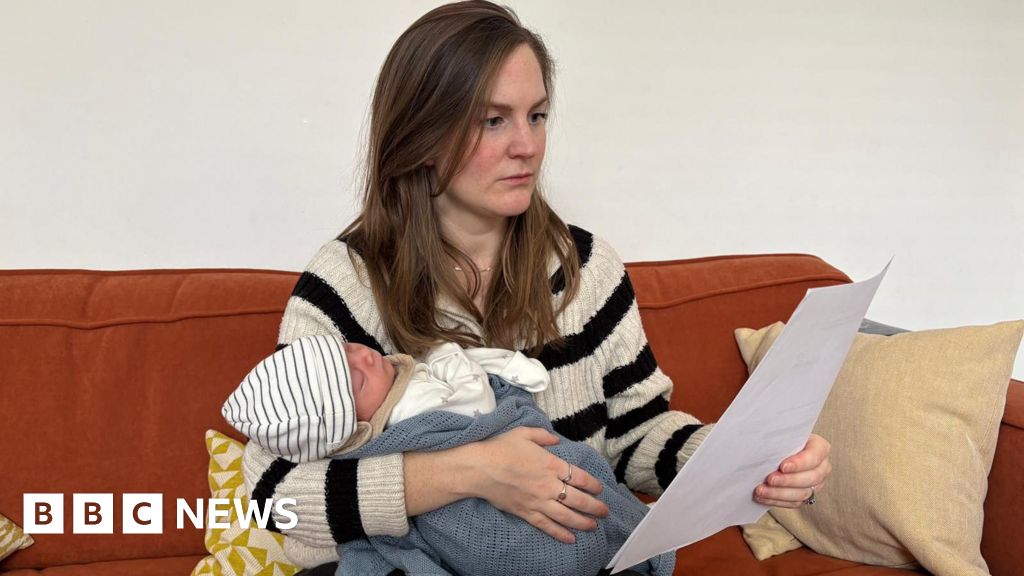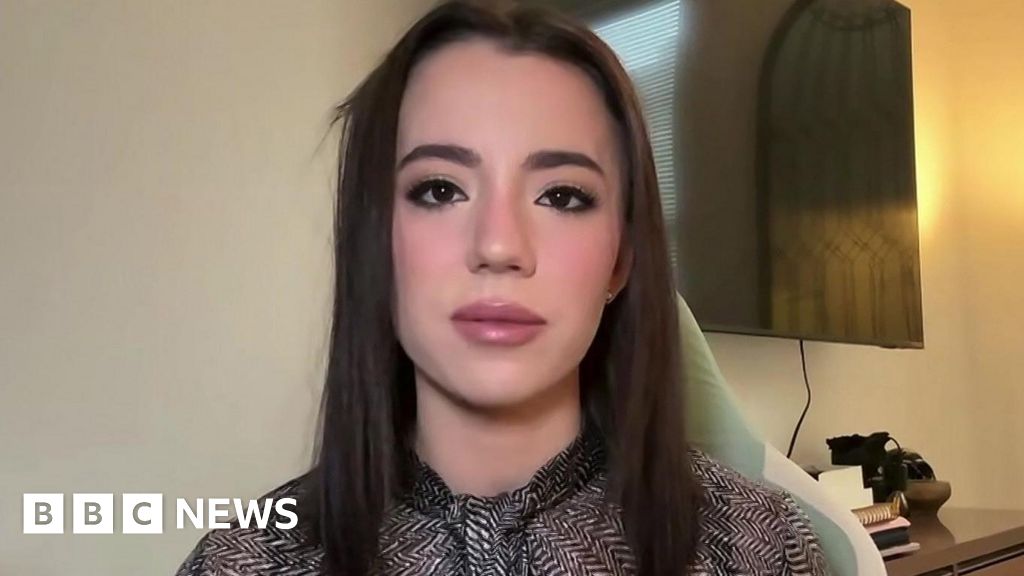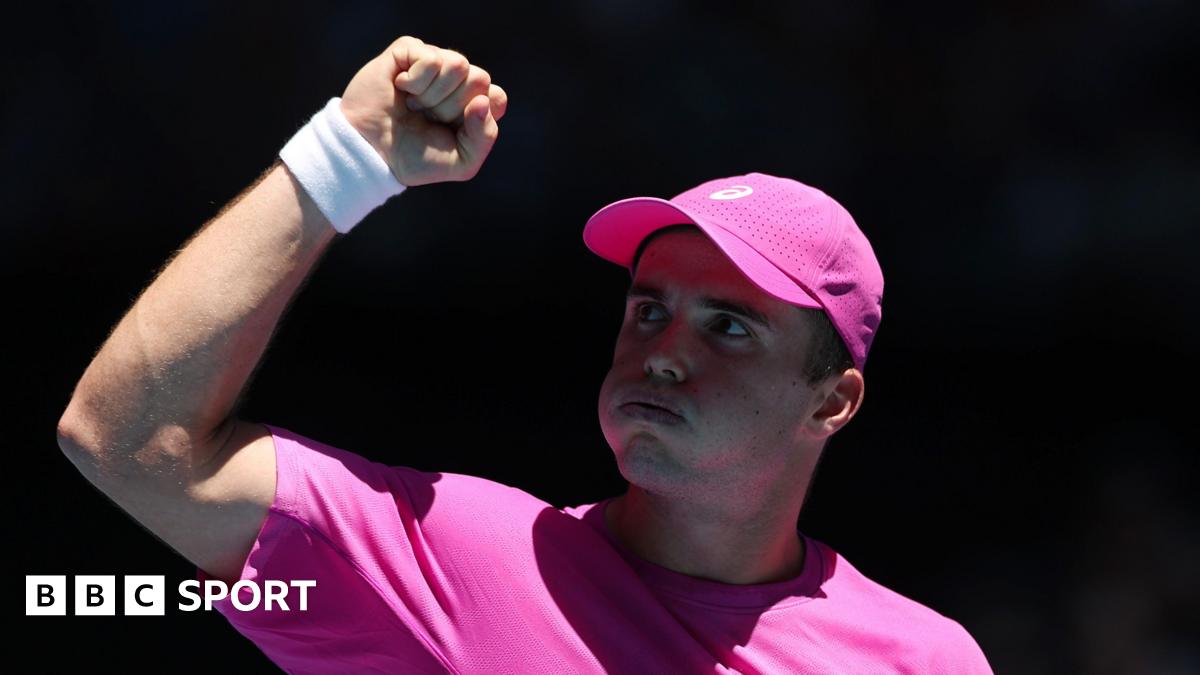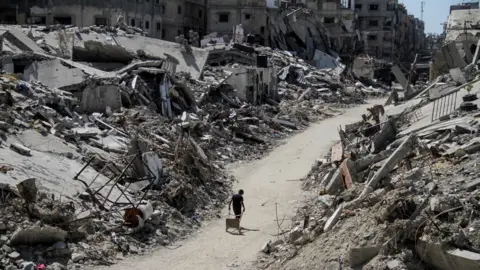 Reuters
ReutersIsraeli strikes have killed at least 73 people, including women and children, in the city of Beit Lahia in northern Gaza, the strip’s Hamas-run authorities say.
Dozens of others are injured and many are still trapped under the rubble after the bombing late on Saturday night, officials added.
Israel said it was checking reports of casualties but said the figures published by Hamas authorities were “exaggerated” and did not match information held by its military.
Fighting also continues to be reported in southern Lebanon as well as the south of Beirut on Sunday morning, where smoke was seen rising above the city.
Israel said its air force had attacked “about 175 terrorist targets” in Gaza and Lebanon over the past day.
The Hamas-run government media office said the bombing in Beit Lahia on Saturday night hit “crowded” residential areas, and that 73 people had been killed – a number also reported by Gaza’s Hamas-run civil defence agency. The BBC cannot independently verify the figures.
According to Palestinian news agency Wafa, an entire residential complex was destroyed in the strikes.
Rescue efforts in Beit Lahia are currently hampered due to communications and internet services being severed in the region, Gaza health officials added.
The latest strikes come just hours after reports of heavy gunfire from Israeli troops at the Indonesian Hospital in the city.
The Israel Defense Forces (IDF) told the BBC it had struck a “Hamas terror target” and was “doing everything possible to avoid causing harm to civilians”.
It said the casualties given by the Hamas office were “exaggerated” and said such sources had “proven to be sorely unreliable in previous incidents.”
Israel began a renewed military offensive in northern Gaza in early October, saying it is trying to prevent Hamas from regrouping in the area.
In particular, Israeli forces have surrounded and bombarded the densely-populated Jabalia area, which includes an urban refugee camp – with at least 33 people reported killed in a strike late on Friday.
Humanitarian groups have warned that virtually no aid has entered the area in the past few weeks. Israel’s own statistics show that aid deliveries to Gaza as a whole have collapsed when compared with the same period in September.
The UN’s top humanitarian official, Joyce Msuya, said on Saturday that Palestinians in northern Gaza are enduring “unspeakable horrors” and called for these “atrocities” to stop.
Israel has repeatedly denied it is preventing humanitarian aid from entering Gaza but the US has told it to boost access or risk having some American military assistance cut off.
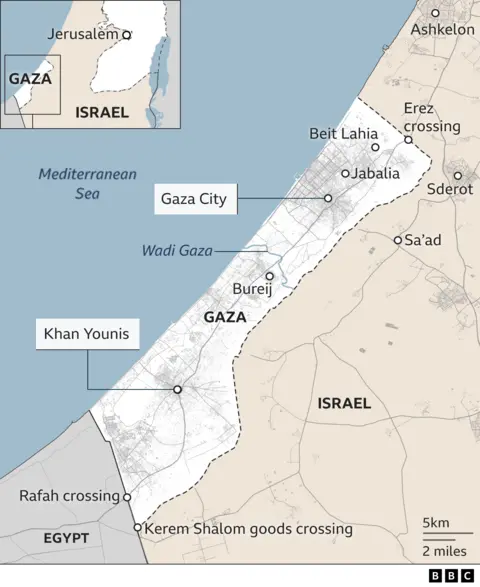
Meanwhile, Israel carried out at least a dozen air strikes on Beirut on Saturday, in the heaviest attack the Lebanese capital has witnessed in more than a week.
Damage and casualties were still being assessed, but at least one multi-storey building in the city’s southern suburbs had been completely destroyed.
The Israeli military said it had targeted Hezbollah’s weapons storage facilities and its intelligence headquarters command centre in Dahieh.
Smoke was seen rising from southern Beirut in the early hours of Sunday after Israel’s military ordered the immediate evacuation of two neighbourhoods in the area.
The IDF told civilians they were “located near facilities and interests affiliated with Hezbollah, which the IDF will work against in the near future”.
Hezbollah also continued to fire rockets into northern Israel on Saturday, with the Israeli military saying about 200 projectiles – which usually means rockets – were fired.
One person was killed by shrapnel while in his car, Israel’s medical service Magen David Adom said.
Also on Saturday, Israeli Prime Minister Benjamin Netanyahu said an attempt had been made on his life following reports of a drone attack on his private residence.
“The attempt by Iran’s proxy Hezbollah to assassinate me and my wife today was a grave mistake,” he wrote in a post on X.
Mr Netanyahu and his wife were not at home at the time, and no one was injured.
Iran says Hezbollah was behind the reported attack, Iranian state news agency IRNA reported. Hezbollah – which is funded and equipped by Iran – has not commented on the reports.
At least 42,519 people have been killed and tens of thousands injured in Gaza since the war began last October, the Hamas-run authorities say.
The war began after Hamas attacked Israel on 7 October 2023, leaving around 1,200 people dead and 251 taken to Gaza as hostages. Israel vowed to destroy Hamas in response.
Earlier this week, the killing of Hamas leader Yahya Sinwar in Gaza raised some hopes in some quarters of an end to the conflict.
But the group’s deputy leader said Hamas would only be strengthened, and that Israeli hostages would not be returned until Israel withdrew from Gaza.
Iran’s supreme leader, Ayatollah Ali Khamenei, also said on Saturday that Sinwar’s death would not halt the “Axis of Resistance” – the regional network of Iran-backed, heavily armed militias that oppose Israel.
“Hamas is alive and will remain alive,” Khamenei’s statement added.
